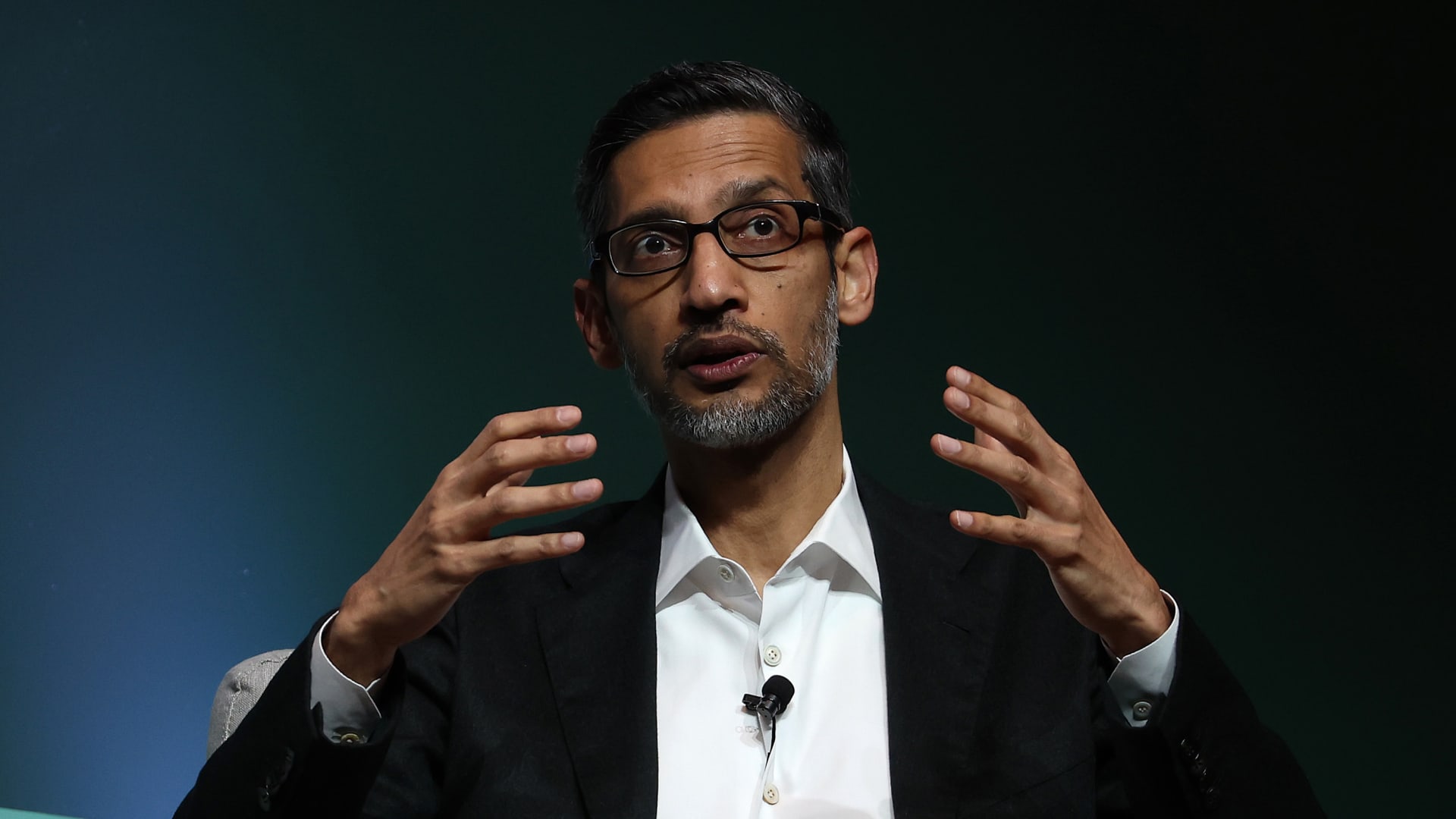Heading into the 2024 election in the U.S. and major political contests around the world, internet companies are unprepared for the onslaught of misinformation that’s coming.
That’s according to research out Tuesday from Mozilla and CheckFirst, which concludes that leading tech platforms are lagging in their ad transparency tools. The study, conducted between December and January, tested Alphabet’s Google Search and YouTube, Apple’s App Store and Microsoft’s Bing and LinkedIn, as well as services from Meta, Pinterest, Snap, TikTok, X and others.
None of the results were great, and some were “a major disappointment,” according to the researchers.
The ad transparency tools were mandated by the European Union’s Digital Services Act, which required that large tech platforms maintain ad libraries and other tools, such as application programming interfaces (APIs), to be used by researchers and the public. The DSA’s deadline was Jan. 1.
People should be able to use the tools to search for information about ads they see or specific companies’ ad campaigns, including ad content, target audience, the ad’s reach and the call to action.
“This is now no longer something that’s voluntary,” Claire Pershan, EU advocacy lead at Mozilla, told CNBC. “It’s something these companies have to do.”
No platforms passed the test with the “ready for action” designation. Instead, results ranged from lacking vital data and functionality, to “still has big gaps” in data and functionality. Some had the “bare minimum,” according to the study.
It’s troubling news as the major platforms prepare for a huge year of elections that affect upward of 4 billion people in more than 40 countries.
“It is important right now for the platforms to really collaborate, and important for us to push right now, because of the election year,” Amaury Lesplingart, co-founder and technology chief of CheckFirst, told CNBC in an interview.
The rise of artificial intelligence and AI-generated content has led to serious election-related misinformation concerns, with the number of generated deepfakes increasing 900% year over year, according to data from machine learning firm Clarity. Election-related misinformation has been a major problem dating back to the 2016 presidential campaign, when Russian actors sought to deploy cheap and easy ways to spread inaccurate content across social platforms.
Lawmakers are currently even more concerned with the rapid rise of AI.
“There is reason for serious concern about how AI could be used to mislead voters in campaigns,” Josh Becker, a Democratic state senator in California, told CNBC in a February interview.
The new research determined that the tools offered by X were a “major disappointment,” as the company offered only a CSV file instead of a web interface, making it hard to search for ads. Lesplingart told CNBC that users had to know the advertiser name, targeted country and date of the advertisement in order to export to an ad file.
“We are perhaps most disappointed to see X (formerly Twitter) make such a minimal effort, considering that it remains a central space for civic discourse,” the researchers wrote. “This may be why the European Commission has included X’s ad repository in its formal proceedings against the platform under the DSA.”
Bing, Snapchat, Alibaba’s AliExpress and Zalando also received the lowest marks. Alphabet, Pinterest and Booking.com received the second-lowest designations. Apple’s App Store, LinkedIn, Meta and TikTok received higher marks, though they were graded as still having “big gaps” in data and functionality.
“Our main takeaway is that even the best approaches don’t meet our baseline,” the researchers wrote.
In regards to Alphabet’s transparency tools for Google Search and YouTube, the researchers said “it’s been six years and we still can’t search by keyword.” They reported accuracy issues and missing data on Pinterest and TikTok. On Bing’s tools, users can’t search words with special characters, they found.
For Apple’s App Store tools, users and researchers can’t see ad campaigns broken down by targeted country, which is an important feature for tracking election-related disinformation, according to the study.
“The effectiveness of these tools depends on their usefulness for researchers in practice,” the researchers wrote. They added, “But we’d also like to consider the glass half full, and look forward to further improvements.”







